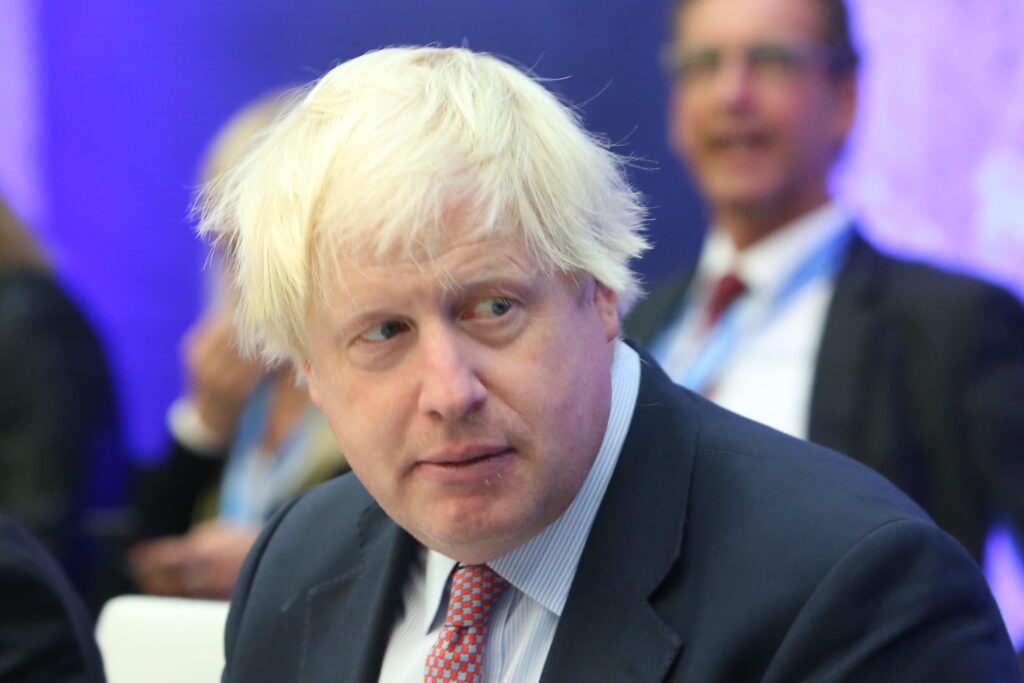As predicted here and elsewhere widely, the Assembly elections resulted in Sinn Féin becoming the largest party and thus becoming entitled to nominate the First Minister, the DUP coming in second and only entitled to nominate the Deputy First Minister, and the Alliance party getting a boost from voters disillusioned with the orange/green polarisation.
If the result is described by some as “seismic” insofar as Sinn Fein gets to nominate the First Minister, it follows that the last assembly election was result was “very nearly seismic” as they nearly got to be the largest party then with the same number and proportion of the 90 seats (27 and 30% respectively) as they got on this occasion.
The DUP lost three seats (or two if you count in the single defection that happened since the last election). Although the DUP suffered a slump in first preference votes, their biggest loss is essentially a loss of face.
And that loss of face was well-deserved. Flirtation with Brexit (which threatened severe damage to the northern economy), their participation in the deposition of Theresa May, and their danse macabre with the treacherously unreliable Boris Johnson has been an unmitigated disaster.
Confirmation in the first preference voting pattern that over 60% of voters are still backing parties who are reasonably comfortable with the Northern Ireland Protocol, (the same proportion of northern voters who voted against Brexit) would, in an ideal world, indicate to English Tories that playing elaborate games with the EU on the issue is not done in the interests of the people of Northern Ireland. They are comfortable with the status of being part of the EU single market.
Tories don’t really care about the economic welfare of Northern Ireland; they see the protocol as giving them a point of leverage with Brussels on a wider range of economic issues such as the UK’s access to the EU services market. Without such access, there are clear signs that the overall effect of Brexit will increasingly be seen as negative by disillusioned Tory voters in England. That is what matters to the Tories – not relatively insignificant problems in relation to documentation of British goods travelling to Northern Ireland (most of which can be easily addressed by pragmatic flexibility in the UK/EU discussions).
Johnson will cynically attempt to keep the Protocol centre-stage in order to further his wider post Brexit negotiations agenda with Brussels. That process is unlikely to be completed by the time a new assembly election will be triggered in the North due to failure by the DUP to agree to the formation of a new executive – six months. Does that worry Johnson? Not in the slightest. He will happily threaten, or indeed use, unilateral action on the Protocol to increase his leverage.
Some indications of underlying probabilities will be given by Donaldson’s decision on whether to relinquish his Assembly seat or his seat at Westminster.
As regards a border poll, the “seismic” result indicates that any such poll conducted in the next five years would be roundly defeated. Parties that favour a poll in that timespan (include some SDLP for the sake of an outside total) got a little more than one third of first preferences; parties that are not interested in having a poll in that timespan (including Alliance) have close on two thirds of popular support.
Sinn Féin downplayed constitutional issues during the election, and the swing to the Alliance from moderate unionist and nationalist voters underlines that there simply will not be a border poll in that timeframe. While being keen on an early border poll plays well for Sinn Féin in their heartland, it would be roundly defeated.
There is a compelling case for the Assembly and a newly created Executive to get on with the daily business of their devolved duties.
The forthcoming census results due in October will indicate that the days of a Protestant majority ascendancy are well and truly over; Catholics and Protestants will each be roughly equal minorities in the North.
The truly “seismic” idea that the two communities must now work with each other for the foreseeable ten or fifteen years without prejudice as to whether any future majority might vote for constitutional change is difficult for Sinn Féin to accept. Moving the constitutional issue from the boiling plate to the simmering plate of the political cooker doesn’t suit their agenda.
But the viability of a system in which Sinn Féin and the DUP each can and does wield separate vetoes on continuance of devolved government at Stormont (the result of the St Andrews amendment to the 1998 Belfast Agreement which has seen more suspension than implementation over time) must now come into sharp political focus.
The emerging middle ground deserves affirmation – not continuing status of hostage to two parties addicted to polarisation politics.

